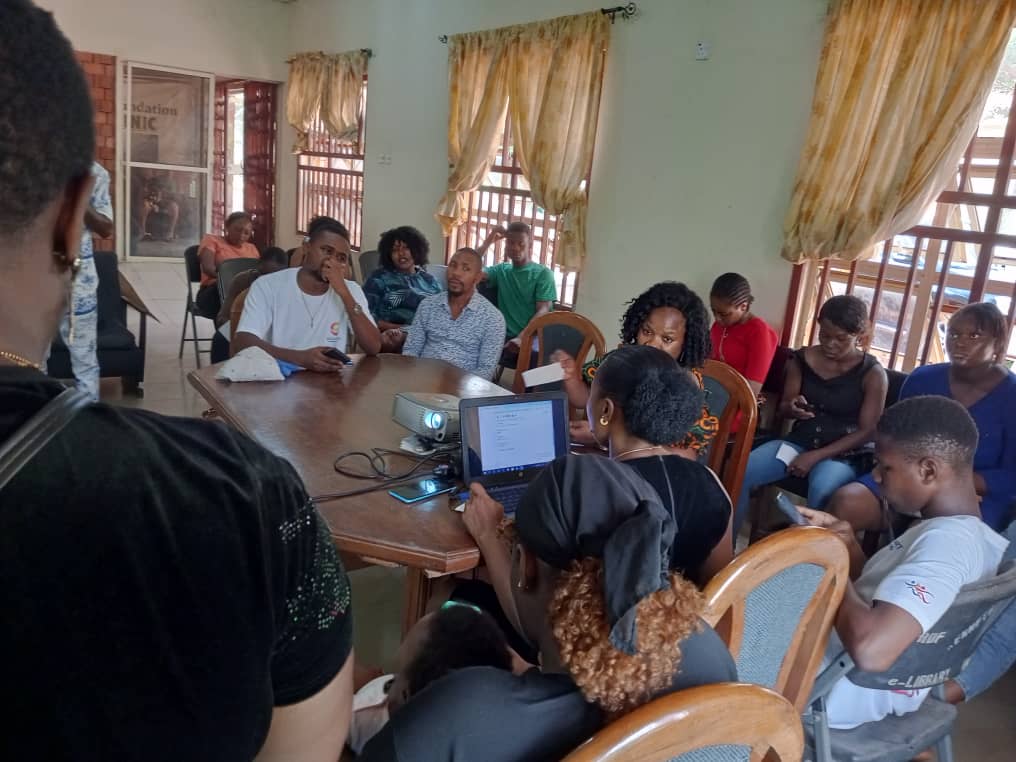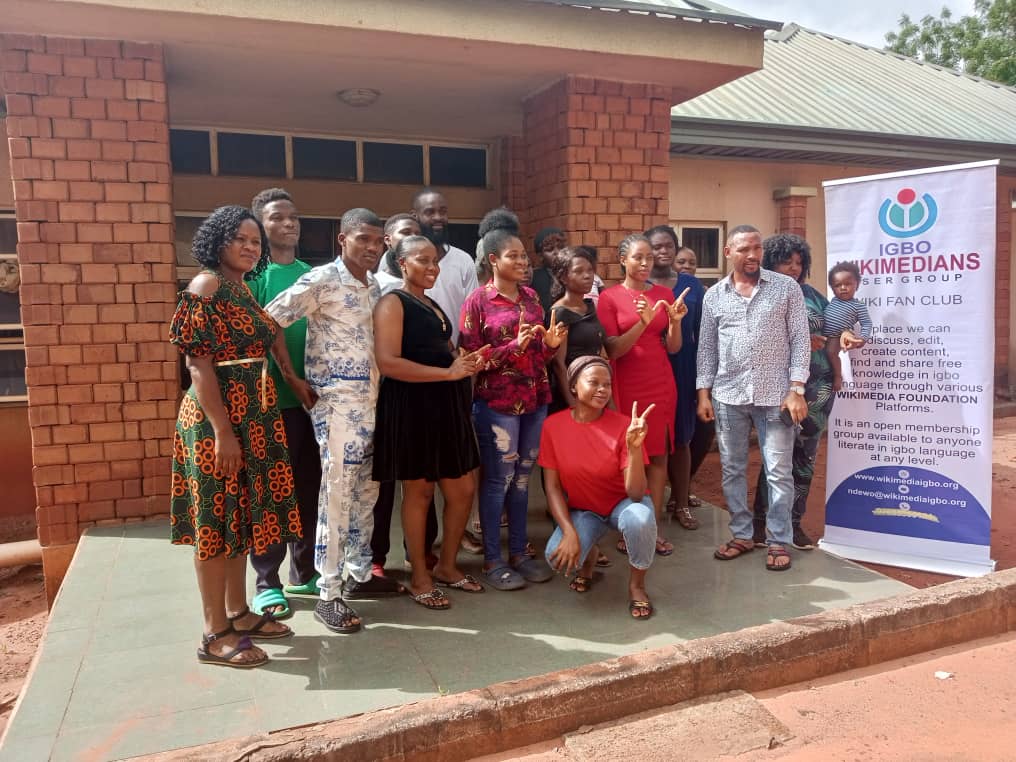Wiktionary is a collaborative, multilingual, and freely available online dictionary that aims to document and preserve the vocabulary of all languages. Wiktionary serves as a powerful tool in language preservation by fostering a collaborative and inclusive environment for documenting and sharing the vocabulary of diverse languages, both widely spoken and endangered. It contributes to the ongoing effort to safeguard linguistic diversity and heritage in the digital age and also empowering communities to safeguard their linguistic heritage for generations to come Read more.
Documenting on the Wiktionary is of great importance as many languages are at risk of disappearing, this can help create a lasting record. This plays an important role in the preservation and Revitalization of endangered languages as speakers of these languages can document and share their linguistic heritage.
Wikimedians from the Igbo Wikimedians User group embarked on an exciting project to document Igbo verbs on the Igbo Wiktionary. As passionate advocates for language preservation, We recognize the importance of showcasing the richness and diversity of the Igbo Language.
This project aims to preserve the language and make it more accessible to language learners, researchers, and the global community. During this project we focused on the Igbo verbs, including their meanings, examples sentences, conjugation etc. We worked endlessly to ensure accuracy by collaborating with native speakers and Igbo Linguists from our community.
The project resulted in the documentation of over 200 verbs on the Igbo Wiktionary, providing a valuable resource for language learners and researchers as well supporting cultural heritage and education.
Call to Action
Join us in creating language diversity online and preserving cultural heritage. Lots of words that are not yet visible on the Igbo Wiktionary interface, like the language terms, cultural items, technological terms, medical terms etc.
I hope this project inspires others to join the movement to document, promote and preserve languages. Explore, contribute and share your language knowledge to make a difference. Together we can make a difference…



Can you help us translate this article?
In order for this article to reach as many people as possible we would like your help. Can you translate this article to get the message out?
Start translation